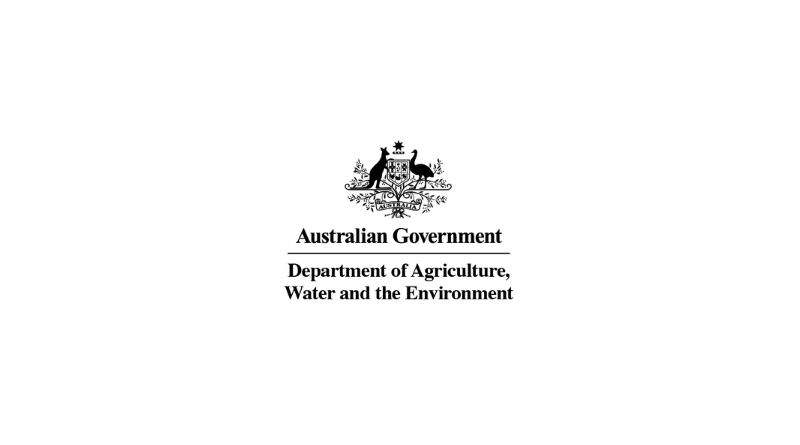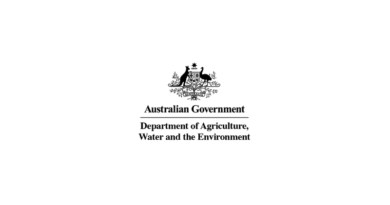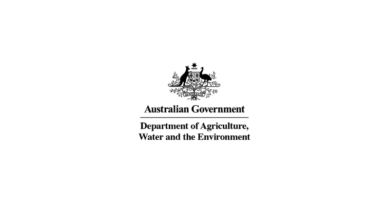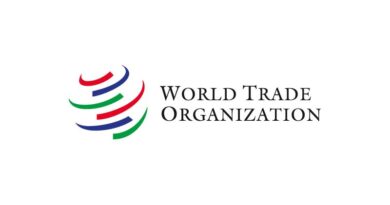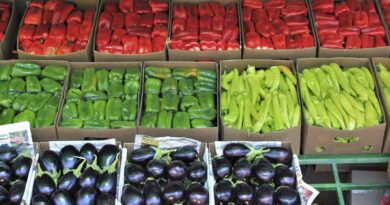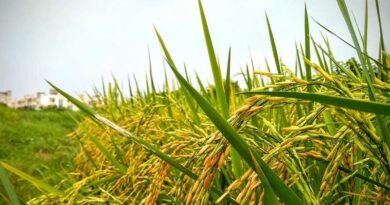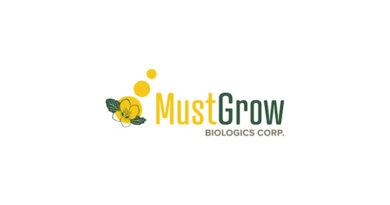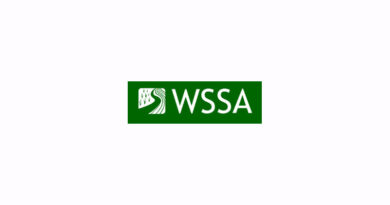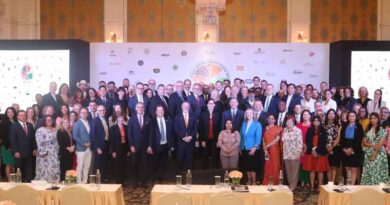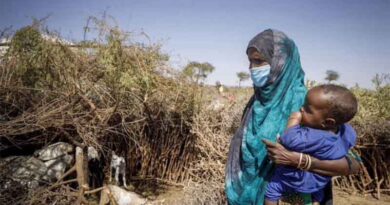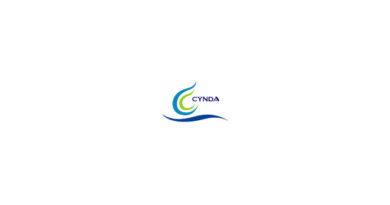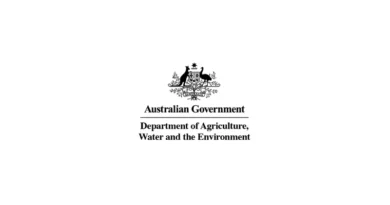World Standards Day: Supporting agricultural protection and prosperity
14 October 2021, Australia: On World Standards Day we recognise and thank the technical experts across the world who collaborate to deliver international standards for animal health and welfare, plant health and food safety.
The Department of Agriculture, Water and the Environment contributes to global efforts to develop and implement international standards for animal health and welfare, plant health and food safety.
International standards that are science-based and accommodate Australia’s unique systems are essential for protecting our biosecurity, food safety and valuable export markets.
International standards remove barriers to trade by creating common understanding and reducing discrepancies between trading partners.
This is critical to the prosperity of agricultural producers in an exporting nation like Australia.
Australia’s Chief Veterinary Officer, Dr Mark Schipp said the World Organisation for Animal Health (OIE) published standards to promote animal disease control and animal welfare, while safeguarding international trade and improving national Veterinary Services.
“Australia is a key contributor to these standards, including through supporting improvements to the Terrestrial and Aquatic Animal Health Codes which are used internationally,” Dr Schipp said.
“Australia’s contribution to the standard setting process is supported by input from a range of stakeholders, including state and territory governments, industry bodies and academics.
“A new web portal is being developed to streamline this consultation process, ensuring Australian expertise and production processes are well represented. “
Australian Chief Plant Protection Officer, Dr Gabrielle Vivian-Smith said the International Plant Protection Convention (IPPC) aimed to develop and improve international standards for plant health, biosecurity and facilitation of safe trade of plants and plant products.
“Recently the department attended a number of regional workshops to provide recommendations on international standards related to re-export certification, audit and glossary terms aiding a common understanding of the content of standards even when translated into multiple official languages.
“The focus is now on identifying priorities for new standards or revisions and as part of the Southwest Pacific region, we have contributed to a proposal for a standard on the safe movement of food and other humanitarian aid.”
The Codex Alimentarius Commission (CAC) establishes international food standards, guidelines and codes of practice to protect the health of consumers and ensure fair practices in the food trade. The department houses Australia’s Codex Contact Point and coordinates Australia’s active engagement in Codex.
First Assistant Secretary of the Exports and Veterinary Services Division, Nicola Hinder, chairs the Codex Committee on Food Import and Export Inspection and Certification Systems (CCFICS) and is the Australian delegation lead to CAC.
“CCFICS is a multilateral committee developing international standards for systems that ensure the safety and reliability of food trade,” Nicola Hinder said.
“CCFICS met virtually for the first time from 31 May to 8 June 2021 and successfully advanced a number of texts for adoption that will both strengthen food safety and underpin the safe trade in food.”
This World Standards Day the department acknowledges our own technical experts who provide essential input and leadership to global organisations like the OIE, the IPPC, and the CAC. Known as the ‘Three Sisters’, these standard setting bodies are recognised by the World Trade Organization (WTO) as reference organisations for the purpose of international trade.
Fast Facts
- Australia’s agricultural industry is estimated to be valued at $73 billion in 2020-21. Improving international standard-setting will contribute to Ag2030 – the goal of growing a $100 billion agricultural industry by 2030.
- The Three Sisters are the OIE, IPPC and CAC. Under the WTO’s Sanitary and Phytosanitary (SPS) Agreement, member countries of the WTO are obligated where reasonable, to adopt the international standards published, and participate in the work of the relevant standard-setting organisations.
- Australia has a strong history of contributing to international standards-setting. We joined the OIE in 1925, one year after its inception and 20 years before the United Nations was founded. We were a founding member of the IPPC and CAC, joining these organisations in 1952 and 1963 respectively.
- To find out more about the Three Sisters, visit the OIE, IPPC and CAC websites.

